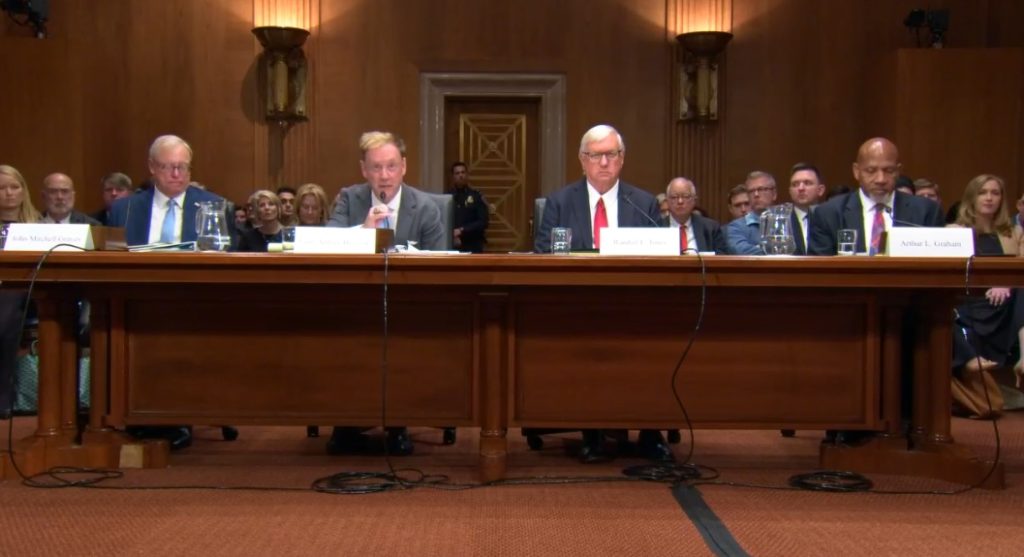Cleaning Up Coal Ash
For well over a century, power plants across the country have burned coal to generate electricity. And for just as long, leftover coal ash has been dumped in open, unlined pits near the power plant, usually located on a river or lake. Every year, U.S. power plants produce 130 million tons of coal ash, which is the second largest waste stream in the country after municipal garbage.
Coal ash concentrates the toxic heavy metals found in coal, including arsenic, mercury, lead and selenium. Stored in unlined, wet impoundments, coal ash has been leaking these toxics into our groundwater and surface waters for years. Sometimes these impoundments collapse — with disastrous results.
Yet government regulations for coal ash management are either non-existent or sparse, and there is little enforcement of the regulations that do exist. In North Carolina, this lack of oversight — and the complicity between state regulators, elected officials and Duke Energy — came to a boiling point in February 2014 when one of Duke’s coal ash impoundments spilled 39 million tons of ash into the Dan River.
Citizens living near North Carolina’s 33 coal ash impoundments — all of which have leaked — have fought for transparency from Duke and the state, and for cleanup of the pollution that threatens their property value, health and family. Their actions forced this issue into the headlines of news networks and to the forefront of environmental justice conversations in the United States.
Appalachian Voices stood with these communities as we worked for years to compel Duke Energy and the N.C. Department of Environmental Quality to excavate coal ash from all the North Carolina sites and dispose of it either in lined, dry landfills, away from waterways, or by recycling it for concrete or other uses, provided it’s done in a manner that protects public health and the environment.
On Jan. 2, 2020, North Carolina announced a historic settlement with one of the state’s most powerful corporations and polluters, Duke Energy. The settlement requires Duke to move nearly 80 million tons of toxic coal ash at six of its power plants to properly lined landfills onsite or recycle it.

Learn information about specific coal ash impoundments in the South, including health threats and safety ratings:
Additional Resources
Fact sheets, videos, links to academic research, and more
Sign Up to Act
Help us protect the health of our communities and waterways.
Latest News
Act fast: Lower your electric bill by taking advantage of energy tax credits set to expire by the end of 2025
As we approach the end of 2025, time…
Coal miners, advocates rally in Washington, D.C. to protest attacks on black lung and miner protections
Today, more than 80 coal miners, members of Black Lung Associations, and other supporters rallied outside of the Department of Labor building in Washington, D.C., to protest the delay in implementing long-awaited silica dust protections for coal miners, along with funding and staffing cuts to mine safety and research.
A black water spill, precarious permits, a contempt hearing and a new Justice company enters the scene
West Virginia Sen. Jim Justice is the richest senator in the country, according to recent reporting that also highlights his substantial debts. In light of this news, we thought it appropriate to provide an update on our team’s continued work to deal with the ongoing impacts of his family’s coal empire, and their decades-long track record of environmental destruction.
New grant program to improve community buildings in Southwest Virginia
This October, Appalachian Voices announced a new funding opportunity to improve energy efficiency and reduce energy bills for community-serving organizations in Southwest Virginia.











